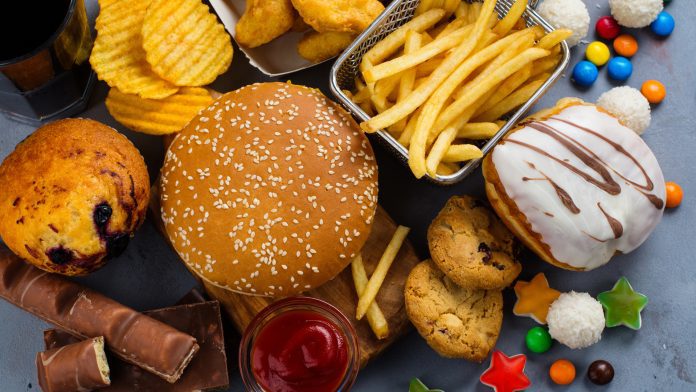
University of Cincinnati research identifies how bacteria in different diets can affect colorectal cancer risk.
Colorectal cancer risk rates continue to rise in younger populations, and statistics illuminate that colorectal cancer diagnoses in patients under 50 have increased by 2%. The reason for this is unknown; however, researchers from the University of Cincinnati suggest that diet and bacteria in the gut could be contributing factors.
“When I started practice and residency around 2010, I’d uncommonly see patients who were less than 50 years old,” said Jordan Kharofa, MD, associate professor in the Department of Radiation Oncology at the University of Cincinnati’s College of Medicine, a University of Cincinnati Cancer Center member and a UC Health physician. “But more and more, we’re seeing these patients in our clinics now to the point where it doesn’t strike us as an exception to the rule.”
Kharofa’s research was presented at the American Society of Clinical Oncology meeting.
Categorising bacteria in the gut microbiome
The microbiome is a collection of microbes, including bacteria that live on or within the body. Kharofa said advances in DNA sequencing have allowed researchers to characterise species of bacteria in the microbiome, leading to a boom in research over the past ten years.
“In the past, we would have to culture-specific bacteria and isolate them, and that’s really complicated,” he said. “But now, with the genetics and the cost of sequencing going down, we can quickly characterise what species are where and try to understand if they have implications for normal health and disease.”
Kharofa said previous studies have shown that certain bacteria species present in the gut are associated with colorectal cancer risk. The research team then asked the question if these cancer-causing bacteria were elevated specifically in younger colorectal cancer patients compared to older patients and healthy patients.
The team used genetic data from 11 previous studies and analysed microbiome data from 609 patients who were healthy and 629 patients with colorectal cancer.
Increasing colorectal cancer risk in young people
Two species of bacteria most closely associated with increased colorectal cancer risk were not found in higher levels in young patients. This clarifies that these bacteria are unlikely to cause increased cancer rates in young people.
The team discovered five other bacteria in high levels in young people, including one species associated with a sulphur microbial diet, or a diet high in processed meats, low-calorie drinks, liquor and low intake of raw fruits, vegetables, and legumes.
A range of previous studies without access to stool have illuminated a link between a sulphur microbial diet and a higher increased colorectal cancer risk in young people.
“Although these patients are not obese, there may be dietary patterns that happen early in life that enrich for certain bacteria such as this one,” Kharofa said. “It is not that what you are eating has carcinogens in them, but the by-products produced during bacteria metabolism may lead to carcinogenic chemicals. It’s possible that interactions between diet and the microbiome may mediate the formation of colorectal cancer cells and heightened risk in younger populations over the last several decades.”
Further research is required
More research is crucial to gather more data on the link between diet and colorectal cancer risk.
“There is still a lot we do not understand about how the diet influences the microbiome and how that might influence cancer, but this is a small sneak peek at something that might be going on,” he concluded. “There are a lot of reasons to eat less processed foods and diets rich in raw fruits, vegetables and legumes, and this might be one more.”









